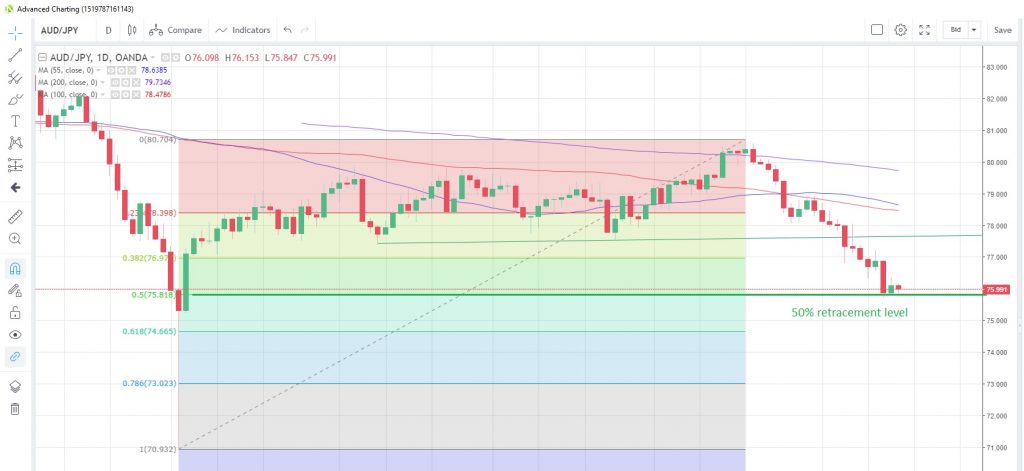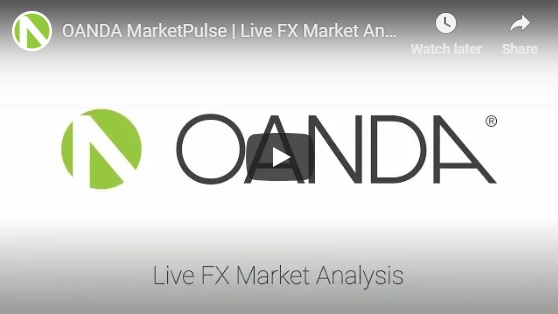Sales at 16-year low
The growth in China’s retail sales slumped to the lowest since 2003 in April, another testament of the impact the trade war may be having on consumer sentiment. Sales grew 7.2% y/y, missing economists’ forecasts of an 8.6% gain, and a marked slowdown from March’s +8.7%.
Industrial production didn’t fare that well either, rising just 5.4% y/y after March’s spurt to +8.5%. Analysts had been expecting a drop off in production to +6.5%. The National Bureau of Statistics attributed the fluctuation in industrial production to the reduction in VAT rates. In other data, fixed asset investment rose 6.1% in the first four months of the year, missing economists’ forecasts of a 6.4% increase. To March, investment had been up 6.3% y/y.
The reaction to the weaker data was relatively muted in the markets. China shares had started the session positively following the rebound on Wall Street, and stayed there throughout the morning. The Australian dollar had been trading weaker versus the US dollar before the data release, and the move after the release was insignificant. AUD/USD had touched an intra-day low of 0.6921, the weakest since January 2, and is now at 0.6930.
AUD/JPY is down 0.24% at 75.970 on the day and hovering above the 50% retracement level of the advance from January to April at 75.82. There are A$820 million worth of AUD/JPY puts expiring today with a strike price of 76.10, according to data from DTCC compiled by Bloomberg.
AUD/JPY Daily Chart
Australia wages steady
Australia’s wage price index rose 0.5% q/q in the first quarter of the year, the same as the fourth quarter last year. This was slightly below estimates of a 0.6% gain and will likely help to keep inflation under the RBA’s radar. As mentioned above, AUD/USD traded generally softer on the day, but the reaction to the data was minimal.
Europe’s Q1 growth numbers in the spotlight
The European session kicks off with the release of Q1 GDP growth data for Germany and the Euro-zone. The German economy is seen expanding 0.7% from a year earlier, a slower pace than the 0.9% recorded in Q4. The Euro-zone economy is expected to fare a little bit better, according to economists’ forecasts, with a 1.2% increase from a year prior.
Other data includes Euro-zone Q1 employment change and the US retail sales data for April. US industrial production and capacity utilization are also due along with speeches from the Fed’s Quarles and ECB’s Coeure and Praet.
The full MarketPulse data calendar can be viewed at https://www.marketpulse.com/economic-events/
Live FX market analysis – 14 May 2019 (video)
Another big week in the markets which started with China announcing counter-tariffs against the US, in retaliation for its announcement at the end of last week. OANDA Senior Market Analyst Craig Erlam talks about this and all the other stories in the markets this week.
Content is for general information purposes only. It is not investment advice or a solution to buy or sell securities. Opinions are the authors; not necessarily that of OANDA Business Information & Services, Inc. or any of its affiliates, subsidiaries, officers or directors. If you would like to reproduce or redistribute any of the content found on MarketPulse, an award winning forex, commodities and global indices analysis and news site service produced by OANDA Business Information & Services, Inc., please access the RSS feed or contact us at info@marketpulse.com. Visit https://www.marketpulse.com/ to find out more about the beat of the global markets. © 2023 OANDA Business Information & Services Inc.




